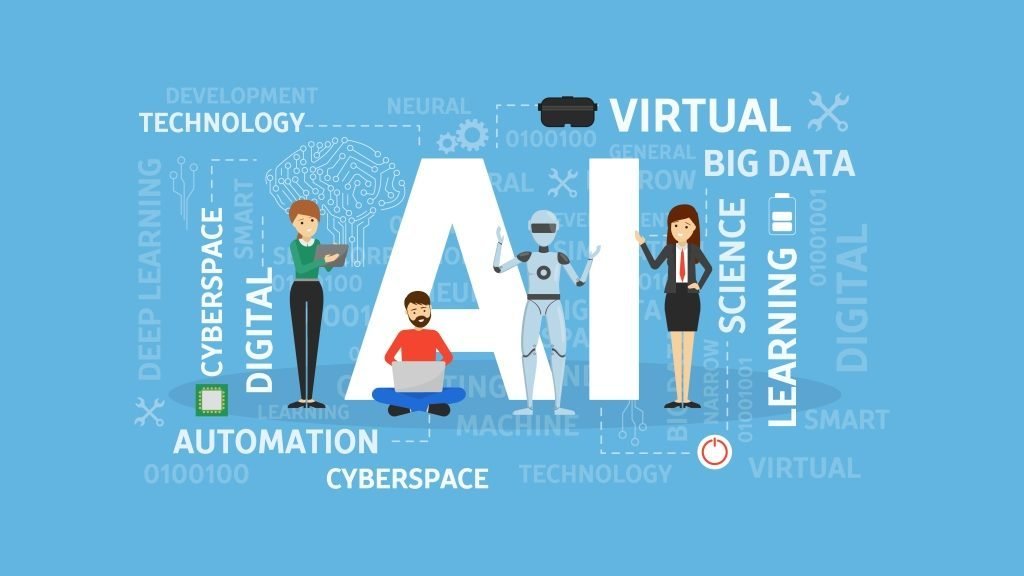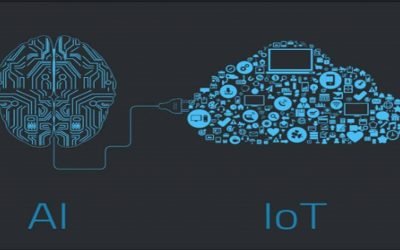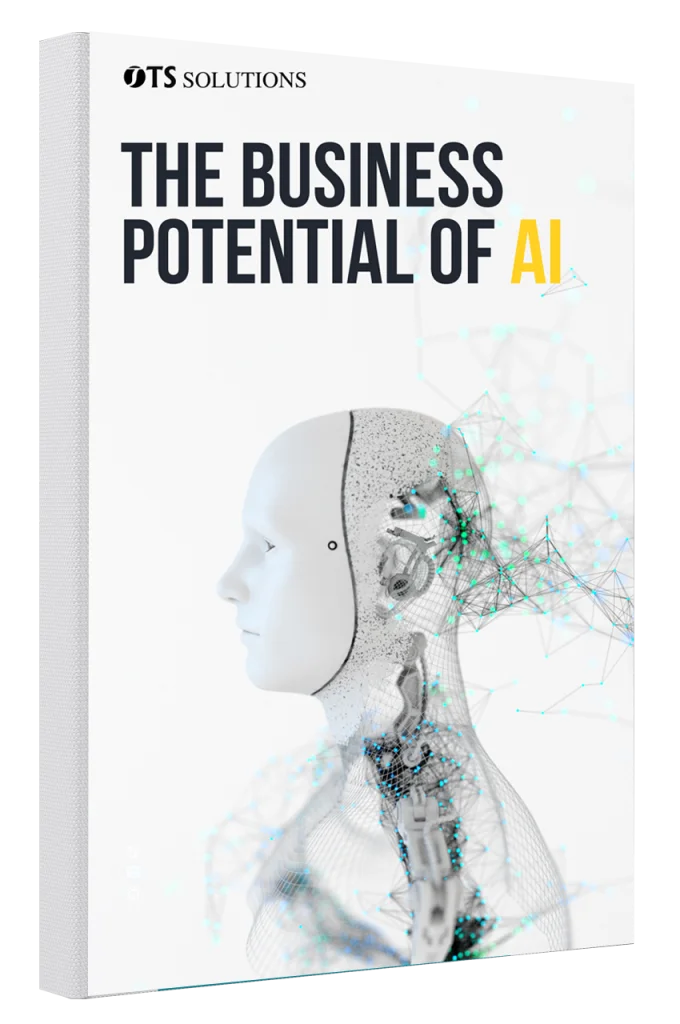Can Artificial Intelligence Help Businesses Make Better Decisions?
Can Artificial Intelligence (AI) Help Businesses Make Better Decisions?
The current developments in technology have made it possible for the once unattainable artificial intelligence (AI) to now make its presence known across various sectors.
From being your digital assistant to helping you control your home devices, you can find AI in an array of everyday situations. Through custom software development, the sector is developing faster than anyone would have thought years ago. In fact, it wouldn’t be incorrect to state that it has become the next defining factor for technological evolution.
Keeping these developments in mind, the looming question among our minds becomes clearer than ever.
Can AI help businesses make better decisions?
Understanding the Power of AI Through Everyday Applications
If you use consumer-level AI such as Siri or Google Digital Assistant on your phone, then you may already understand the power of this technology in making the execution of everyday processes easier.
For instance, if you wanted to find a restaurant within your vicinity that comes with a high number of 5-star reviews, then doing so would normally take a few minutes through manual search. You’d have to enter your search inquiry into your preferred service, and then go through each and every review that was presented to you.
And with careful sorting tasks, you’d have finally been able to select restaurants that matched your preferred criteria.
But by asking your digital assistant the same question, you can get the best possible match to your very specific inquiry, that too in a matter of seconds.
We See These Applications Everyday
Instead of setting your alarm manually, you can simply say a few words to your digital assistant and have that done for you. You can ask your digital assistant if your schedule is free to take another meeting the next day without having to check your calendar. And instead of doing complex calculations, you can say an equation out loud for the digital assistant to complete it for you.
The tasks that would have taken minutes to complete now get executed within seconds. And the technologies behind them are powered through AI.
Harnessing AI and What it Has to Offer Through Business Processes
All of the aforementioned tasks have AI-powered, custom software development procedures behind them, with some of them related largely to robotic process automation (RPA) and big data.
Once considered just a basic string of processes, RPA has come a long way to the point where it is being referred to as the gateway to AI. By utilizing the power of AI, it can streamline processes; cut the execution time for tasks that take worthwhile time away from human employees; and make decisions when it receives a fork to choose between multiple options to perform a task.
On the other hand, big data processing has established its prowess through the ability to analyze extremely large sets of data with the utmost precision. Through the addition of AI, that analysis is not only done faster, but with human-like intelligence.
This means that the same set of data that would have taken days to be analyzed by capable professionals could now be assessed within hours by AI with the same proficiency. This leaves the pertinent and capable professionals to be able to do more complex tasks, which improves the overall efficiency of your business model.
How It Can Be Translated Into the Real Business World
By using such automation and analysis technologies in widely used business methodologies such as CRM software development, you can ensure that your business is able to make use of AI-powered technologies such as behavioral analysis.
Through the use of AI-powered technologies such as big data processing, you could decipher an otherwise incomprehensible, large number of clicks and navigation on your web pages into understanding what your customers want from your products and services.
You could know what they desire to buy along with a certain product; what kind of services they are searching for; and what new products would allow you to start serving your customers better.
Making use of this behavioral understanding would go a long way, and would help you make better decisions about your existing, new, and under-development offerings.
But that doesn’t mean that you have to stop there.
For instance, if your CRM software development is powered by AI that harnesses the power of RPA, then you can streamline a string of communication operations that would have otherwise required the input and working hours of human employees. Here, you can use the behavioral analysis data that helped you understand your customers’ needs in the first place, and then put that into effective action.
You could sort leads by their level of communication, you could schedule automatic appointments, and you could assign human staff to cater to each customer’s needs without a manager having to click through hundreds of emails and appointment requests to do so.
This is Just the Start
These are only a few use cases of how AI could help your business in making better decisions. For all you know, those better decisions may not even require big data processing or RPA. Instead, all that your specific AI software may need is one specific interaction with each individual customer, and you may know exactly what they are expecting out of your company.
To answer that looming question: yes, AI can definitely help businesses make better decisions. They just have to know how to harness its power.








